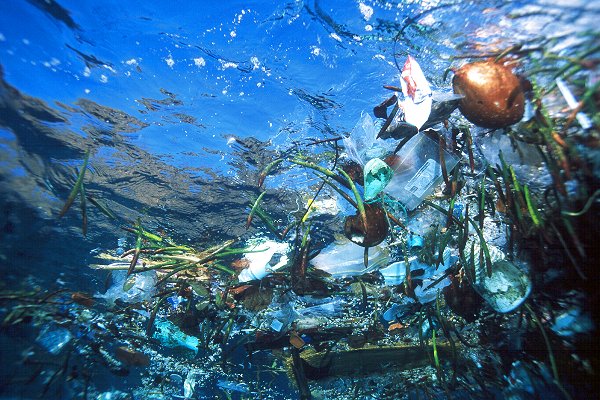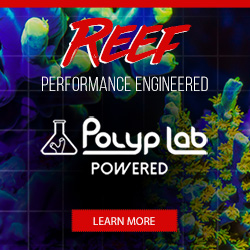
A new report in the journal Environmental Science and Technology has reached a conclusion that astronomical quantities of plastic exist in our oceans. How is this news you might ask? Well, because it is in the form of micro plastic particles. These particles are considered to be producing a critical threat to marine life.
We are all familiar with the heart wrenching images of the damage that full size and fragmentary plastic objects can cause to marine life: sea turtles mistaking plastic bags for jellyfish, gulls and pelicans with plastic soda can rings, the list goes on.
But there is, literally, more than can meet the eye when it comes to plastic pollution within the marine environment. Where do these micro plastic particles come from? Lars Gutow, a biologist at the Alfred Wegener Institute for Polar and Marine Research, states much of the material comes from mishandling of the raw material, so called “pellets” used for producing larger plastic items.
Cosmetics and cleaners are a further source, carelessly disposed of. In addition, you may be asking the next logical question, is all the larger, macro sized plastic pollution (bottles, bags, etc.) suspended in our ocean a source as well? The answer is yes. They are deadly throughout their decompositional “life cycle”, breaking down ultimately into these very same micro plastic particles.
Read on:
http://phys.org/news/2012-04-sea-rubbish.html
http://www.care2.com/causes/how-your-washing-machine-is-polluting-the-oceans.html
http://www.newstrackindia.com/newsdetails/2012/04/18/196–Bits-of-plastic-endangering-sea-creatures-.html










0 Comments